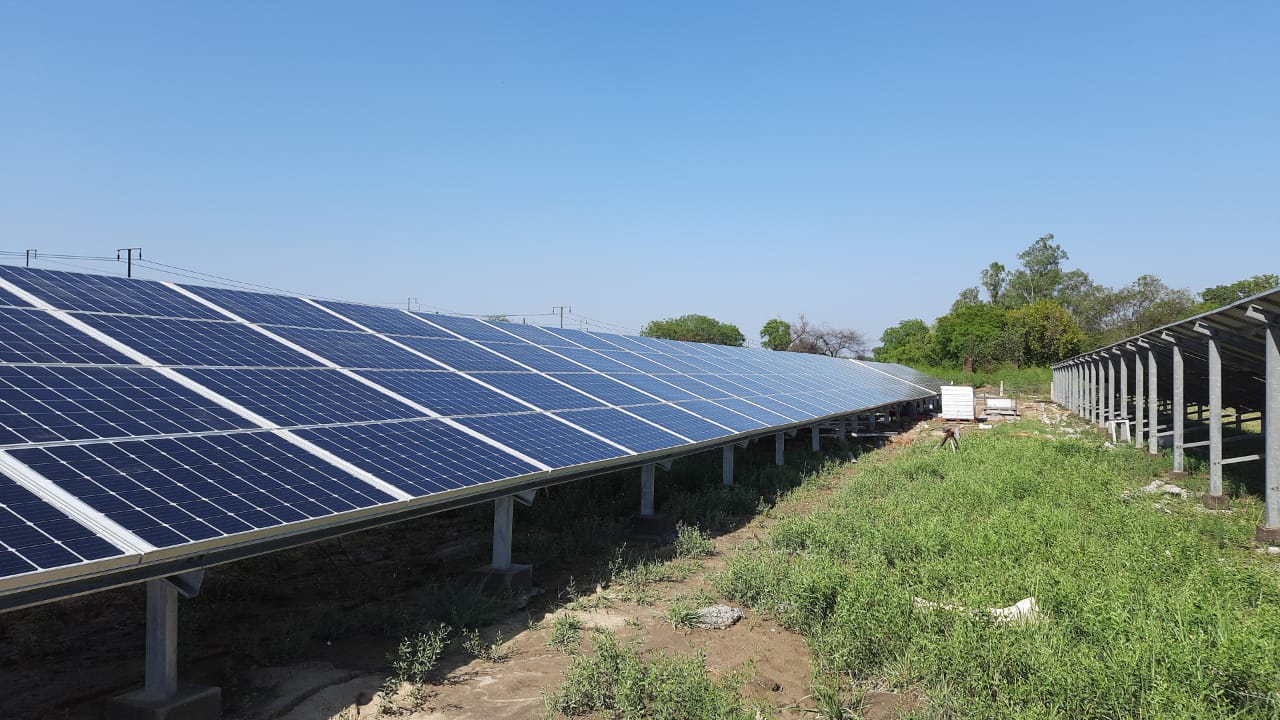The complexity of supply chains in oil and gas logistics presents both challenges and opportunities for optimization. From handling natural gas and crude oil to managing risks posed by geopolitical tensions and environmental regulations, navigating these intricate networks is crucial for operational success. At Logimotion 2024, industry experts will delve into the strategies for optimizing these complex supply chains.
This blog explores the multifaceted nature of oil and gas logistics and offers solutions for overcoming the hurdles that companies face in managing global supply chains effectively.
1. The Intricacies of the Oil and Gas Supply Chain

The oil and gas supply chain consists of several stages, from exploration and extraction to refining, transportation, and distribution. Each step presents unique challenges, especially when dealing with volatile resources like natural gas and crude oil.
A. Exploration and Extraction
The process starts with discovering new oil fields and extracting oil and gas products from deep within the Earth. This requires a heavy investment in infrastructure and advanced technologies, such as seismic imaging and drilling rigs.
B. Refining and Processing
Once extracted, crude oil and natural gas must be refined to produce usable fuels and chemicals. This stage involves highly specialized equipment, and delays in refining can have a ripple effect on downstream logistics operations.
C. Transportation
Logistics for oil and gas products relies heavily on pipelines, trucks, ships, and railways. Disruptions in transportation, such as pipeline leaks or maritime blockades, can create bottlenecks that affect the entire supply chain.
Solution: Companies can improve operational efficiency by investing in advanced monitoring systems, predictive maintenance, and risk assessment tools to manage these complex logistics effectively.
Explore more about optimizing the supply chain at Logimotion 2024.
2. Geopolitical Challenges Impacting Oil and Gas Logistics
Global geopolitical events, including conflicts, trade restrictions, and territorial disputes, significantly impact oil and gas logistics. Political instability in key oil-producing regions can result in disruptions to supply, leading to fluctuations in prices and delays in deliveries.
A. Regional Conflicts
Regions like the Middle East and Eastern Europe are critical to the global supply of crude oil and natural gas. Conflicts in these areas can disrupt supply routes and cause price volatility.
B. Trade Sanctions and Embargoes
Countries facing trade sanctions may have limited access to global markets, complicating logistics operations for international companies relying on oil and gas from these regions.
C. Security Concerns
Piracy, terrorism, and sabotage targeting oil and gas infrastructure can further disrupt supply chains, leading to losses and increased operational costs.
Solution: By leveraging data analytics and real-time monitoring, companies can forecast potential disruptions and adjust their supply chains to avoid geopolitical risks.
3. Environmental Regulations and Compliance
Stringent environmental regulations add complexity to oil and gas logistics. Companies must comply with emission standards, ensure the safe transportation of hazardous materials, and implement sustainable practices.
A. Reducing Carbon Footprint
Logistics operations in the oil and gas industry contribute significantly to greenhouse gas emissions. Many countries are implementing policies aimed at reducing the carbon footprint of the oil and gas supply chain.
B. Safe Transportation of Hazardous Materials
Transporting crude oil and natural gas carries inherent risks. Leaks, spills, and accidents can have devastating environmental consequences, prompting governments to impose stricter safety standards.
C. Adopting Green Technologies
To comply with regulations and reduce environmental impact, companies are adopting green technologies such as electric vehicles for transportation and energy-efficient processing techniques in refineries.
Solution: Implementing green logistics practices and ensuring compliance with environmental regulations not only helps companies avoid penalties but also enhances their reputation.
4. Technology’s Role in Streamlining Oil and Gas Logistics
Technology plays a critical role in navigating the complexities of oil and gas logistics. By adopting digital tools such as IoT, AI, and blockchain, companies can achieve greater visibility, efficiency, and security in their operations.

A. Internet of Things (IoT) for Real-Time Monitoring
IoT devices enable companies to monitor the status of pipelines, storage tanks, and transportation vehicles in real-time. This data provides insights into potential risks, allowing companies to take preventive measures before issues arise.
B. Artificial Intelligence (AI) for Predictive Analytics
AI-driven systems analyze historical data to predict demand, optimize routes, and forecast disruptions in the supply chain. This predictive capability ensures that logistics operations remain efficient, even in the face of challenges.
C. Blockchain for Supply Chain Security
Blockchain technology ensures transparency and security in logistics by creating a tamper-proof ledger of transactions. This technology is particularly useful for tracking the movement of oil and gas products across international borders, ensuring compliance with regulations and preventing fraud.
5. Cost Management in Oil and Gas Logistics
Managing costs is one of the primary challenges in oil and gas logistics. From fluctuating fuel prices to labor and infrastructure costs, companies must find ways to operate more efficiently to maintain profitability.
A. Rising Fuel Costs
The cost of transporting crude oil and natural gas is heavily influenced by fuel prices. Rising fuel costs increase the overall logistics expenditure, putting pressure on margins.
B. Infrastructure Investment
Maintaining and upgrading pipelines, storage facilities, and transportation vehicles requires substantial financial investment. Companies must ensure their infrastructure is up to date to avoid costly breakdowns and inefficiencies.
C. Labor and Compliance Costs
The oil and gas industry relies on skilled labor to manage complex logistics operations. In addition, companies must ensure they comply with regulatory requirements, which can be costly.
Solution: Leveraging automation and optimizing supply chain processes can help reduce costs and improve operational efficiency. Technologies like AI and blockchain can automate routine tasks, allowing companies to focus on strategic decisions.
Benefits of Attending Logimotion 2024
Attendees of Logimotion 2024 will gain valuable insights into overcoming the challenges of oil and gas logistics. Benefits include:
- Access to Expert Knowledge: Learn from industry leaders who are pioneering innovations in logistics optimization.
- Explore Cutting-Edge Technologies: Experience live demonstrations of advanced technologies like IoT, AI, and blockchain that can transform your logistics operations.
- Networking Opportunities: Connect with other professionals in the oil and gas industry to build partnerships and share strategies.
Book Your Seat Now! and take advantage of this opportunity to enhance your logistics processes.
FAQs About Logimotion 2024
1. Who should attend Logimotion 2024?
Logimotion 2024 is ideal for logistics professionals, supply chain managers, and those involved in the oil and gas industry who are looking to optimize their operations.
2. What will be covered at the event?
Topics such as automation, sustainability, cost management, and risk mitigation will be covered, with a focus on how these factors impact oil and gas logistics.
3. When and where is Logimotion 2024 held?
The event will take place at Zaábeel Hall 6, Dubai World Trade Centre, from 10 – 11 December 2024.
Conclusion
Navigating the complex supply chains in oil and gas logistics requires a deep understanding of the challenges and solutions available in the industry. By investing in technology, optimizing processes, and preparing for geopolitical risks, companies can improve their logistics operations and ensure efficiency. Logimotion 2024 provides the perfect platform to explore the latest trends and strategies for managing the complexities of oil and gas logistics.




